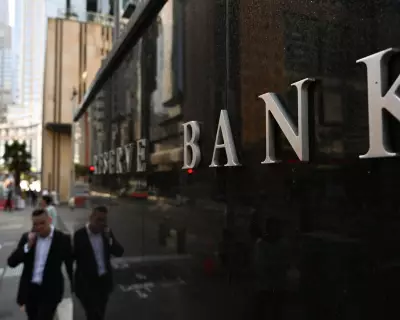
While Wall Street's investment banking giants are riding a wave of resurgent 'animal spirits' and celebrating a dramatic comeback in lucrative deals, their European counterparts find themselves largely sidelined during one of the most profitable periods in recent memory.
The Transatlantic Banking Divide Widens
Senior executives at major US investment banks are openly boasting about the return of market confidence, with mergers, acquisitions, and initial public offerings experiencing a significant revival. This surge in corporate activity is generating substantial fees and boosting profits at a time when many predicted continued market caution.
Meanwhile, European banks are watching this deal bonanza unfold from across the Atlantic, capturing only a fraction of the lucrative business currently dominating global markets. The disparity highlights the growing competitive gap between American and European financial institutions in the high-stakes world of investment banking.
What's Driving Wall Street's Renaissance?
Several key factors are contributing to Wall Street's current dominance:
- Renewed corporate confidence following pandemic uncertainty
- Pent-up demand for mergers and acquisitions
- Strong IPO market as companies seek public listings
- Aggressive US banking strategies capitalising on market opportunities
The timing couldn't be more crucial, as investment banks globally seek to recover from previous quarters of lacklustre performance and economic headwinds.
The European Challenge
European financial institutions face multiple hurdles in competing with their American rivals. Structural differences in banking models, regulatory environments, and market focus have left many European banks struggling to match the scale and aggression of Wall Street's deal-making machines.
This isn't just about short-term profits—the current deal boom could reshape long-term competitive dynamics in global finance. As US banks strengthen their client relationships and deal-making capabilities during this active period, European institutions risk falling further behind in the race for global banking supremacy.
The question now facing European banking leaders is whether they can develop strategies to capture a greater share of future deal flows or if the transatlantic divide in investment banking will become a permanent feature of the financial landscape.





